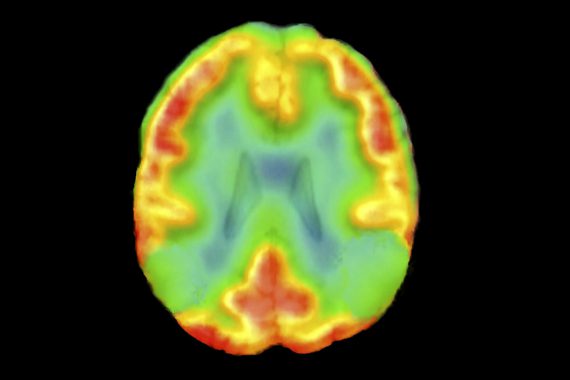GPs could consider anxiety alongside depression as an indicator of risk for dementia, a new study has suggested.
Researchers looked at studies totalling 30,000 patients and found that anxiety may be a risk factor for dementia, but said that it is unclear whether active treatment would curb this risk.
The paper, published in BMJ Open, analysed four ‘high quality’ papers, which looked at the association between mid-life anxiety, depression and the development of dementia.
All four studies found there was a positive association between clinically significant anxiety and future dementia.
The researchers said that an abnormal stress response, typical of moderate to severe anxiety, may speed up brain cell ageing and degenerative changes in the central nervous system, thereby increasing a patient’s vulnerability to dementia.
The authors said: ‘Clinically significant anxiety in midlife was associated with an increased risk of dementia over an interval of at least 10 years.
‘These findings indicate that anxiety may be a risk factor for late-life dementia, excluding anxiety that is related to prodromal cognitive decline.’
But the researchers said that it is unclear whether reducing anxiety in middle age would impact on the risk of developing dementia.
They said: ‘Given the high prevalence of anxiety seen in primary care, we suggest that general practitioners could consider anxiety alongside depression as an indicator of risk for dementia.
‘To improve the rate of earlier diagnosis of dementia, close monitoring of subtle cognitive decline in older adults with a history of anxiety, depression and cerebrovascular disease would be encouraged.’
James Pickett, head of research at Alzheimer’s Society, which part-funded the study, said: ‘As well as anxiety, there are other complex mental health issues that can be seen in the early stages of dementia, and we need further research to unpick the relationship between these.’
The research team have now called for more high-quality prospective studies to clarify anxiety as a dementia risk factor.
Last month, researchers found that patients with both pre-diabetes and depression are nearly three times more at risk of developing dementia in later life, after they followed nearly 3,500 adults over the age of 50 for up to 10 years.
Pulse October survey
Take our July 2025 survey to potentially win £1.000 worth of tokens














